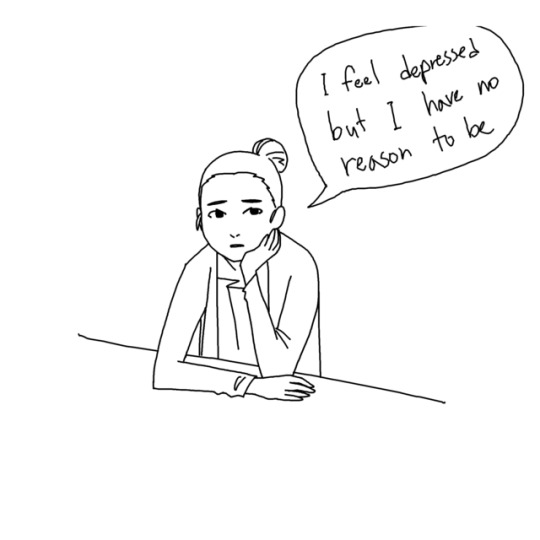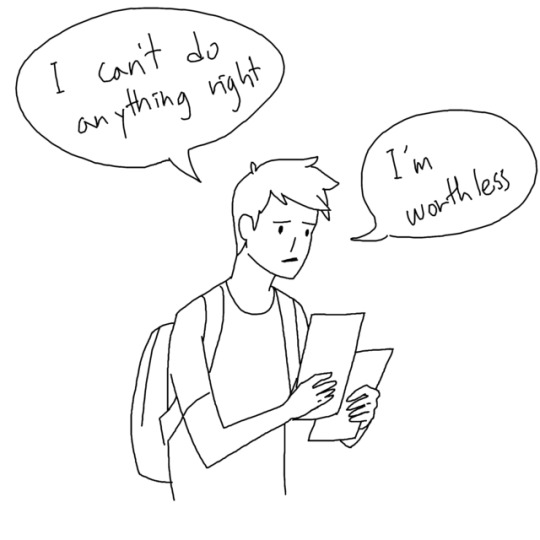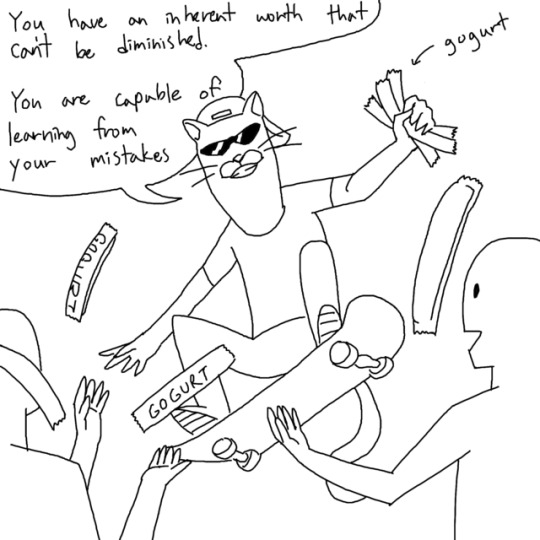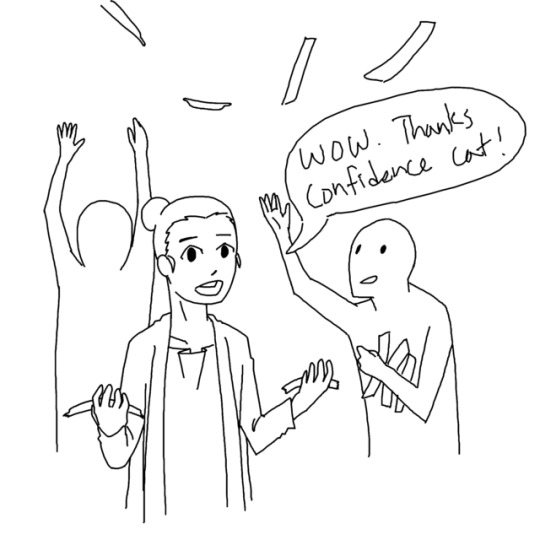Quote
Tipsy is the best thing you can be in life. There are four things you can be in life; sober, tipsy, drunk, hungover. Tipsy is the only one out of the four where you don't cry during it.
James Acaster
101 notes
·
View notes
Text
Askew & Perfect
probably the best name for a researcher duo lol
15 notes
·
View notes
Text
english: coconut oil
french: :)
english: oh boy
french: oil of the nut of the coco
773K notes
·
View notes
Photo






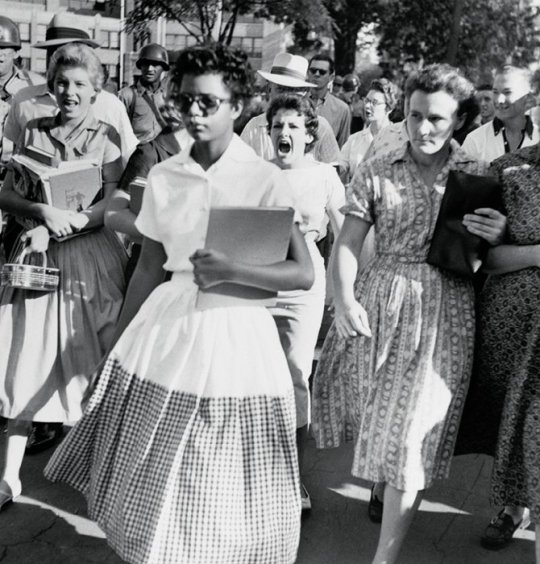
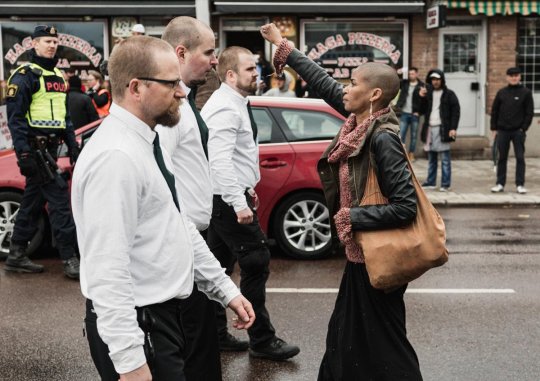
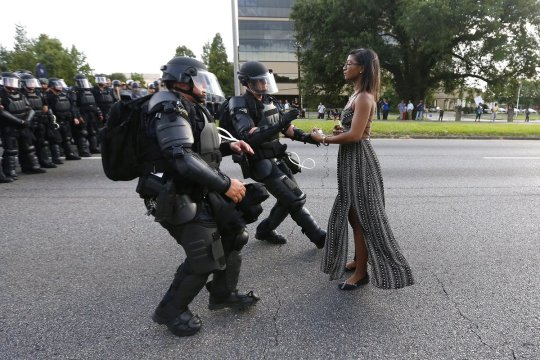


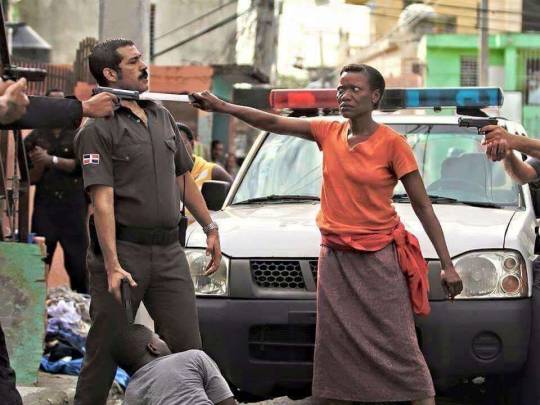


ALL 👏🏾 OF 👏🏾 THEM 👏🏾
846K notes
·
View notes
Text
Hungarian recipes: do you have onion, oil, meat and paprika? Good. Now let’s start cooking.
french recipes: if you’re not making this in paris then what’s the point. fuck you
italian recipes: use the left leg meat of a pig from one of three farms in this specific area of tuscany, or from this day my grandmother will begin manifesting physically in your house
740K notes
·
View notes
Photo










“The more I think of it, the more I realize there are no answers. Life is to be lived.”
On her birthday, here is the magnificent and mysterious Marilyn Monroe, as seen through the lens of ten photographers: Richard Avedon, André De Dienes, Ben Ross, Ted Baron, Alfred Eisenstaedt, George S. Zimbel, Elliott Erwitt, Eve Arnold, Cornell Capa, and Bert Stern.
3K notes
·
View notes
Video
This is possibly the coolest video I’ve ever taken.
538K notes
·
View notes
Photo




Somos universo, tierra y naturaleza.
36K notes
·
View notes
Text
We need a word for that phenomenon wherein one loses all desire and motivation to do anything but drink tea and read on rainy days.
409 notes
·
View notes
Photo
Yes, in Hungarian “kapu” means both “gate” and “goal” but I have no idea why duo gave pictures connected to hockey... it isn’t really the sport of the nation

[Image transcription: “kapu,” which translates to “gate,” but for some reason it’s illustrated with a picture of a hockey goal]
For some reason, Duo has decided that we really need to associate this word with hockey; it’s given me three different hockey-related pictures. I’m assuming it’s also used as a hockey term… but in the “Household” section?
90 notes
·
View notes
Quote
Try to imagine a life without timekeeping. You probably can’t. You know the month, the year, the day of the week. There is a clock on your wall or the dashboard of your car. You have a schedule, a calendar, a time for dinner or a movie. Yet all around you, timekeeping is ignored. Birds are not late. A dog does not check its watch. Deer do not fret over passing birthdays. Man alone measures time. Man alone chimes the hour. And, because of this, man alone suffers a paralyzing fear that no other creature endures. A fear of time running out.
Mitch Albom, The Time Keeper (via thelovejournals)
38K notes
·
View notes
Text
i want to know what bears think sometimes
742K notes
·
View notes
Text
I just saw Kingsman the Golden Circle yesterday and I started wondering what if Austria had a secret organisation as well??
So me and my homie @the-real-heinz-christian-strache came up with something.
So i present you
Die Kaisermänner
Their base is in a Trachtenshop.

But they also obviously have really cool secret lairs in the Alps.

They take their Agent Names from the highest Mountains of Austria.
With Agent Großglockner (the highest Mountain) being their leader.
Other examples for names would be Agent Dachstein, Agent Wildspitze, Agent Piz Buin, Agent Schneeberg, Agent Hochkönig, Agent Zugspitze….
Of course they also have real ass cool skis with rocket power and shit.

They also have a really sick style.


Anways, yes i have no life, would i be delighted if someone added to this or did it for their own country? Also yes
Pfiat eich🇦🇹
3K notes
·
View notes
Quote
It almost sounds like you're hearing or imagining being in a memory. Maybe it becomes a personal element to you, or you feel like you're a part of someone else's, which is always an intimate experience
ODESZA on their latest album, A Moment Apart
6 notes
·
View notes
Quote
Most Jane Austen heroes are not particularly attractive. At best they might be like Bingley, ‘good looking and gentlemanlike.’ But on the other hand, they might look like Edward Ferrars, who has ‘no peculiar graces of person or address. He was not handsome, and his manners required intimacy to make them pleasing.’ Any experienced Austen reader knows that handsome, charismatic young men are dangerous.
Talia Schaffer on what makes Mr. Darcy so desirable (via oupacademic)
The whole piece is worth the read:
Here’s my simple question: when did we come to believe that Darcy was sexy?
The popular image of Jane Austen’s Fitzwilliam Darcy today is Colin Firth, with his wet clinging shirt, later immortalized by a giant statue.
In 1940 we had Laurence Olivier, with his dapper coat, gleaming eyes, and smoldering charm.
In Curtis Sittenfeld’s new novel, Eligible, Darcy is introduced as “tall, dark, and handsome.” Arrogant and irresistible, Darcy has become one of the great sex symbols of our culture.
But Austen didn’t imagine him that way. We don’t, in fact, have a very clear sense of what he looked like. He is introduced with a “fine, tall person, handsome features, noble mien,” but this sentence concludes that that his bad manners give him “a most forbidding, disagreeable countenance.” The description holds both options in suspension at opposite ends, preventing us from reaching any conclusion and thereby discouraging us from assigning the issue much importance.
However, most Jane Austen heroes are not particularly attractive. At best they might be like Bingley, “good looking and gentlemanlike.” But on the other hand, they might look like Edward Ferrars, who has “no peculiar graces of person or address. He was not handsome, and his manners required intimacy to make them pleasing.” Any experienced Austen reader knows that handsome, charismatic young men are dangerous. Avoid Willoughby, Henry Crawford, Frank Churchill. Go for their boring elders: Colonel Brandon, Edmund Bertram, Mr. Knightley. Familiar men, neighbors and relations, are the ideal marital choices.
This makes sense. When a woman married in the eighteenth or nineteenth century, she consigned herself wholly into a man’s power. The moment she married, she ceased to be a legal person of her own. With no right to custody, no capacity to keep any money she earned, no legal capacity to sign her name to any contract, and no possibility of divorce, she was absolutely dependent on the man she had chosen for her entire lifetime. So a prudent woman would do some research to make sure she wasn’t entrusting herself to a scoundrel: research his history, assess his credentials.
Lizzie accomplishes these goals at Pemberley. The housekeeper informs her that ever since he was four years old, Darcy has been a kind man, a loving brother, and a benevolent employer. During Lydia’s elopement, Darcy reveals himself willing to sacrifice himself for the Bennetts. He proves himself a useful patron and a valuable ally. His strong advocacy for women and economically disempowered people makes him attractive.
Yes, Darcy is rich, but his wealth will do no good if he is a gambler like Wickham. Yes, Darcy is well-born, but his class will do no good if he uses his status to crush his wife rather than raise her. Yes, Darcy may be handsome, but his appearance may cover a vicious temper. Far more important than wealth, birth, and looks is a moral sensibility that can regulate these traits in a way that will benefit the woman who marries him.
In a rare direct address to the reader, the narrator of Pride and Prejudice congratulates Lizzie on overcoming her tendency to love at first sight. Lizzie has learned at last that “gratitude and esteem [are] good foundations of affection.” The alternative, love at first sight, is so distasteful it can hardly even be named: “what is so often described as arising on a first interview with its object, and even before two words have been exchanged.” Because Lizzie had already found its shortcomings “in her partiality for Wickham,” she finally realizes the superiority of well-founded attachments.
Our ideas of love have changed profoundly since Austen’s time. Austen depicts Lydia as a self-indulgent fool, but in a modern rom-com, Lydia would be the heroine, the girl who risks everything to follow her heart, and Lizzie would be the stuffy conventional elder sister who tries to keep her down. Today, erotic attraction has become the basis for marriage, so we designate Darcy as ultra-marriageable through a different set of markers than Austen used. Moreover, film is a visual medium, encouraging us to enjoy precisely the kind of “regard… arising on a first interview with its object” (particularly when that object is wearing a wet shirt). By comparison, the slow accumulation of a long history of worthy acts is the kind of history that the novel can do, and that this novel does.
In one sense, it’s fine to ogle Darcy; why shouldn’t modern viewers enjoy him in our own way? However, we should realize that seeing Darcy as desirable is anachronistic – and also completely at odds with the work of this novel. We haven’t yet had the film that shows the thousand small acts of substantive kindness that added up to a life, but it is his life, not his shirt, that makes Darcy a man one would want in 1813. And for a vulnerable woman, finding a safe match is worth acclaim, even though it is harder to erect a statue to it in the lake.
(via apensivelady)
7K notes
·
View notes

